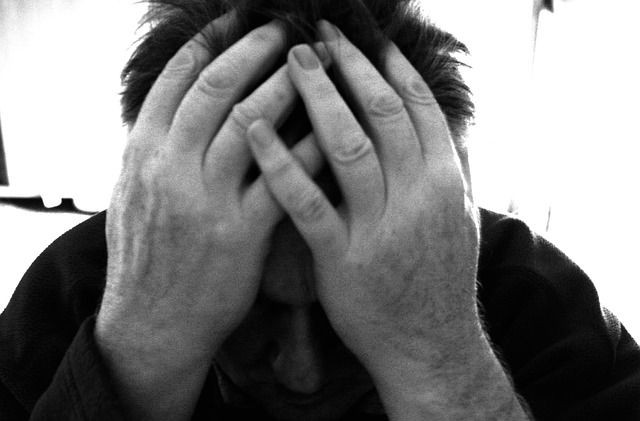Concussion And Memory Loss: Amnesia From Head Injury Rattles Brain Chemistry, Leads to Cognitive, Memory Problems

Most of us have witnessed the cliche cinematic device in countless Hanna-Barbera cartoons, like The Flintstones: Fred is knocked by a bowling ball on the head, gets a little wonky, and after another bonk, everything goes back to normal. Although a source of comedic relief, mental issues can be a result of major brain injury. Concussions, caused by a bump to the head or body, can lead to amnesia by scrambling neurons in the brain.
In SciShow video, “How Do Concussions Cause Amnesia?” host Hank Green explains when we get a bump to our head or body, it rattles our brain around the skull and damages delicate tissue. Sometimes this damage can make us feel sleepy and headachy for a few days, but the effects can be more serious. After a brain injury, the sloshed-around neurons are really fragile, possibly leading to post-traumatic amnesia.
Damage to some parts of the brain can sometimes cause problems in connected regions, known as diaschisis. This type of damage has been linked to an imbalance in brain chemistry, specifically in the neurotransmitter acetylcholine, which helps regulate signaling in the brain, and plays an important role in attention and motivation. It's possible the damaged neurons can't talk to each other normally, which makes things hard on the memory system.
However, researchers are not sure how these biological problems can induce amnesia, especially since there are two caused by concussions: retrograde and anterograde. Retrograde amnesia is when we forget things that happened in the past, including what caused it. In severe cases patients can forget days, weeks, or even years. It is only when the brain tissue starts to heal that some of these moments can come back — but they may never remember the moments just before the injury.
Meanwhile in anterograde amnesia, we can't make new memories. Some patients will have trouble paying attention after a concussion, which could be linked to a acetylcholine imbalance.
The biology of how concussions affect our brains and induce amnesia is still shaky, but further research can help determine better treatments for patients.



























